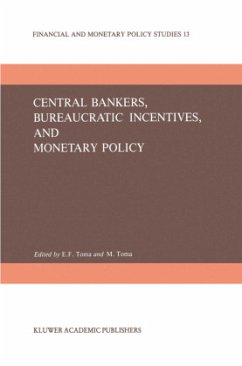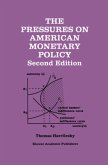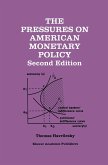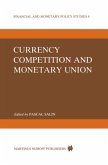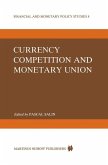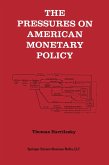By now it has become obvious that Federal Reserve actions have an immense impact on the functioning of our economy. As a result, a great deal of research has been done on the Fed and on monetary policy. Much of this work is normative; it tells us what the Fed should do. Positive work on the Fed has usually tried to elucidate particular Fed policies, and has not tried to present a theory of why the Fed behaves the way it does. The dominant theory of Fed behavior is that the Fed does what it believes to be best for the public welfare. This theory - usually left implicit - is so simple, and seemingly so obviously correct, that it has received widespread credence without extended discussion or tests. When thinking about govern ment in general many observers doubt that it nearly always acts in the public interest. However, they ascribe this unfortunate state of affairs mainly to political pressures. Since the Fed is relatively removed from such pressures, the public interest theory ofgovernment seems more applicable to it.
Hinweis: Dieser Artikel kann nur an eine deutsche Lieferadresse ausgeliefert werden.
Hinweis: Dieser Artikel kann nur an eine deutsche Lieferadresse ausgeliefert werden.
`The papers are well written and are of high quality: the studies are lucid, the numerical work is well documented, and some of the papers are quite provocative. The book will be of interest to academicians as well as business executives.'
Kashi Nath Tiwari, The Southern Economic Journal, Jan. 1989.
Kashi Nath Tiwari, The Southern Economic Journal, Jan. 1989.
`The papers are well written and are of high quality: the studies are lucid, the numerical work is well documented, and some of the papers are quite provocative. The book will be of interest to academicians as well as business executives.'
Kashi Nath Tiwari, The Southern Economic Journal, Jan. 1989.
Kashi Nath Tiwari, The Southern Economic Journal, Jan. 1989.

